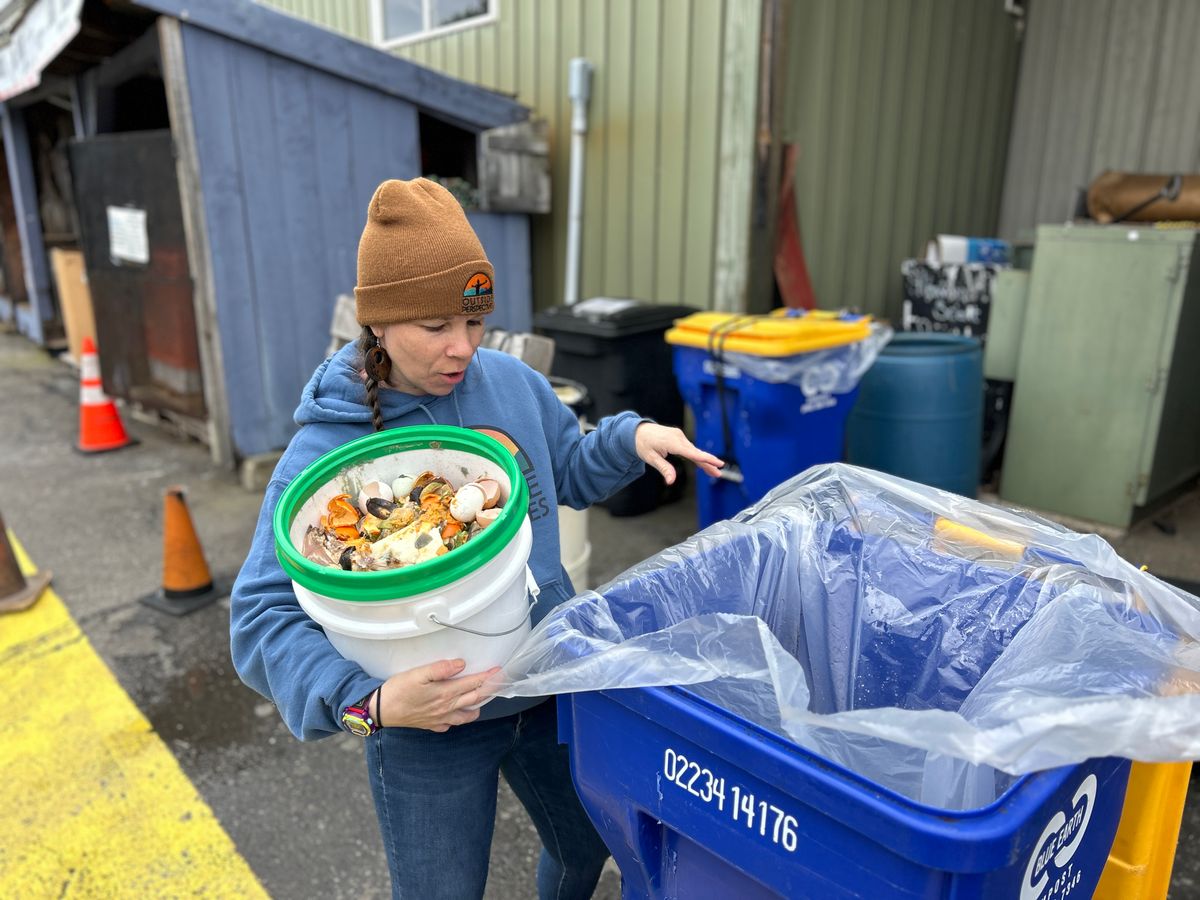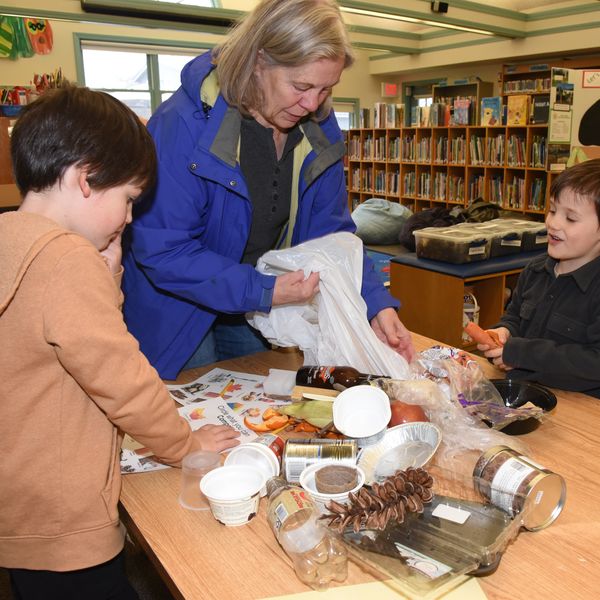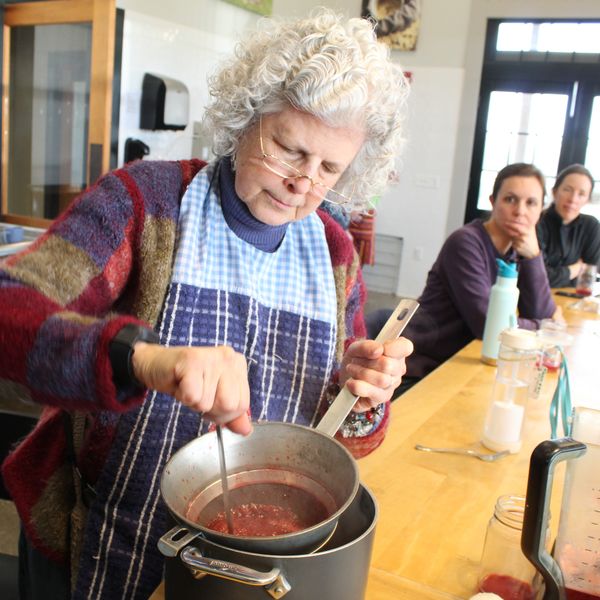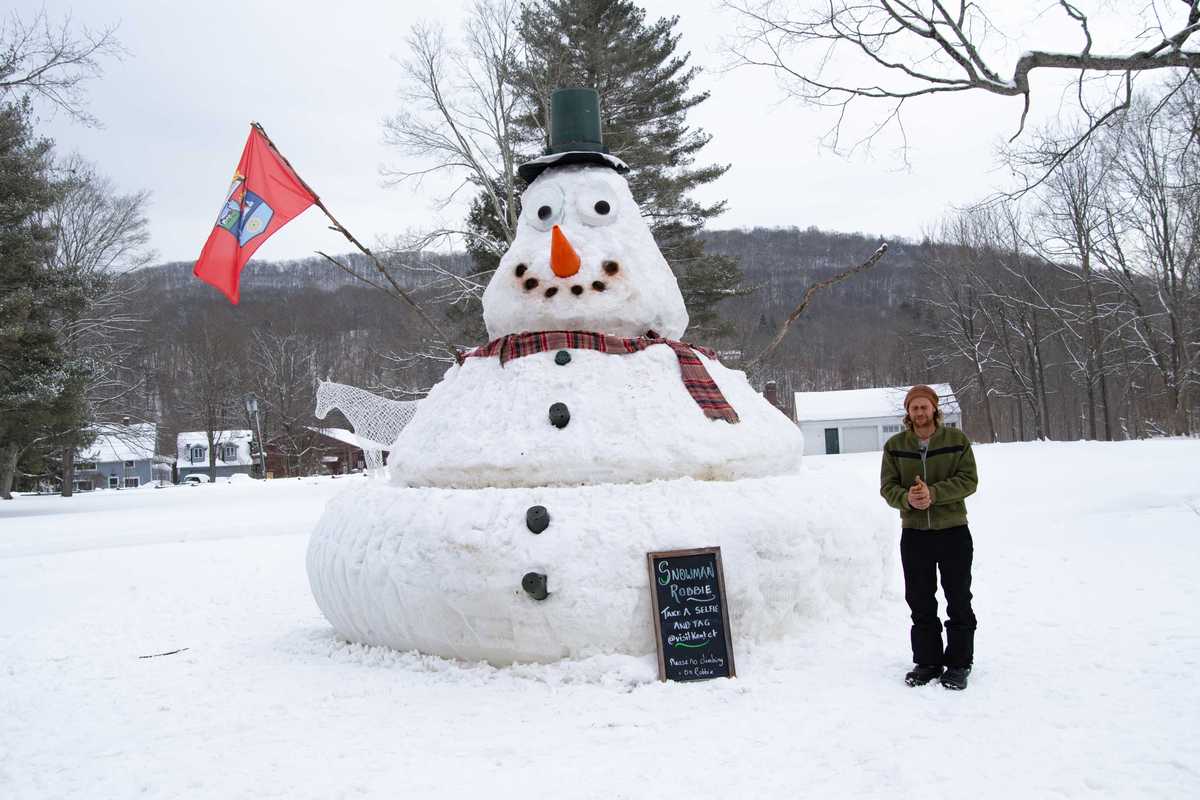From scraps to soil: Breaking down Connecticut’s composting trend

New Hartford resident Liza Bocchichio brought the household food scraps from her family of four to recycle at the Regional Transfer Station for Barkhamsted, Winchester, and New Hartford.
Jennifer Almquist
 Brian D. Bartram , Manager Salisbury/Sharon Transfer Station in Lakeville and Barbara Bettigole, Chair of Transfer Station Recycling Advisory Committee. Jennifer Almquist
Brian D. Bartram , Manager Salisbury/Sharon Transfer Station in Lakeville and Barbara Bettigole, Chair of Transfer Station Recycling Advisory Committee. Jennifer Almquist








 lakevillejournal.com
lakevillejournal.com 




 Visitors consider Norman Rockwell’s paintings on Civil Rights for Look Magazine, “New Kids in the Neighborhood” (1967) and “The Problem We All Live With” (1963.) L. Tomaino
Visitors consider Norman Rockwell’s paintings on Civil Rights for Look Magazine, “New Kids in the Neighborhood” (1967) and “The Problem We All Live With” (1963.) L. Tomaino




